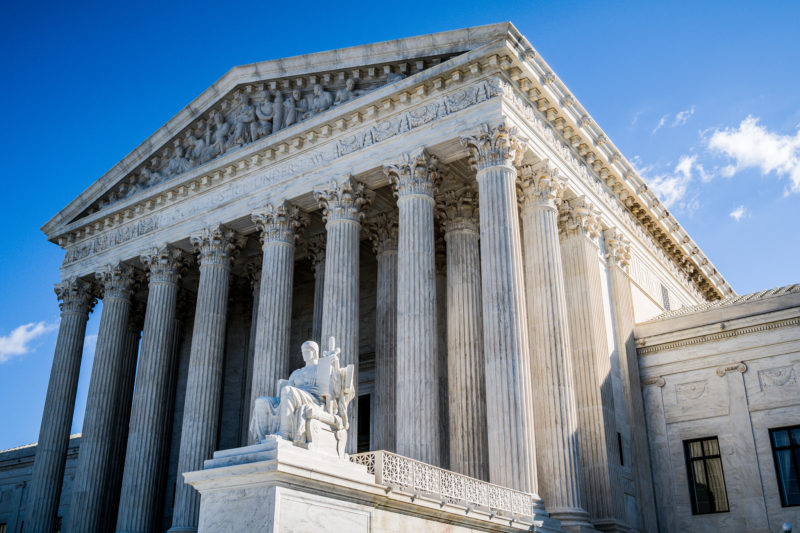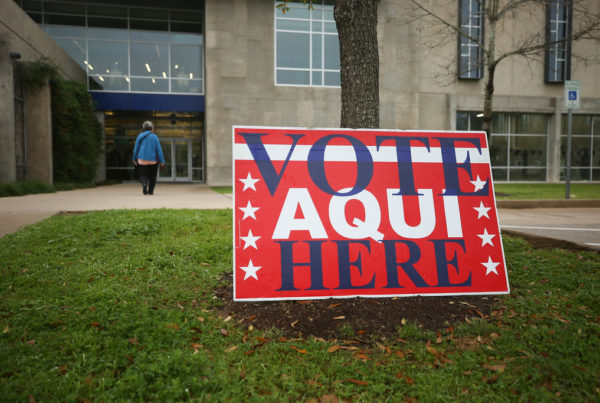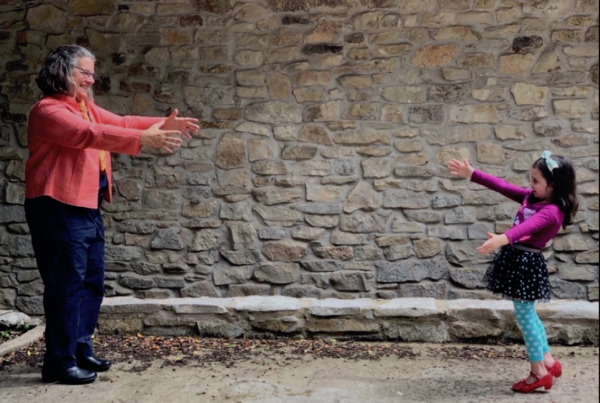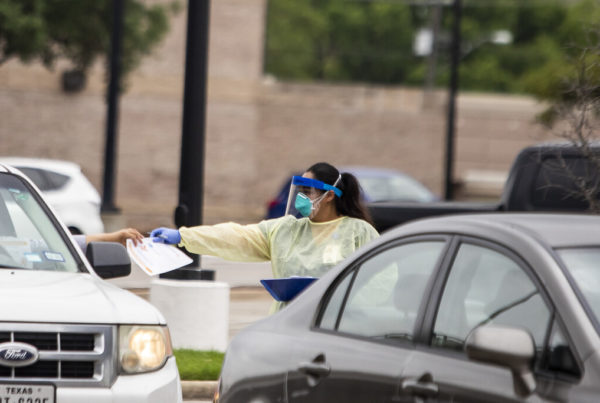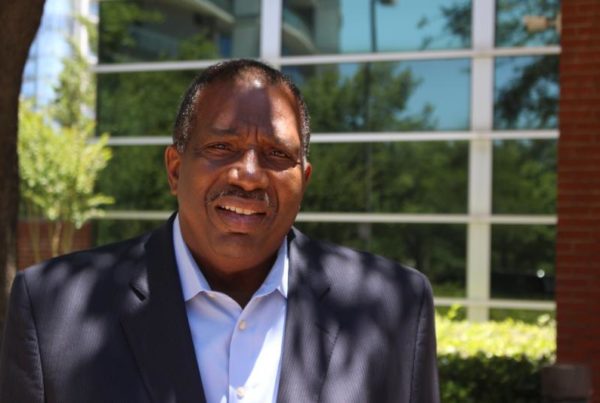On Monday, the U.S. Supreme Court struck down a Louisiana law that required doctors who perform abortions to have admitting privileges at nearby hospitals. The case, June Medical Services v. Russo, is very similar to one involving a Texas law the Supreme Court struck down four years ago.
Lynne Rambo is a professor emerita of law at Texas A&M University. She told Texas Standard host David Brown that though the Supreme Court does not reveal its reasons for taking cases, it’s likely that several members of the court saw the Louisiana case as a vehicle for making changes to the abortion-related precedent the court set in the 2016 Texas case. Since that case was decided, two conservative justices have joined the court.
“I suspect that it was taken up as part of that vigorous effort to get abortion cases in front of the court, to render them more restrictive,” Rambo said.
The court rule 5-4 to strike down Louisiana’s abortion law. Chief Justice John Roberts concurred with the plurality, voting with the four liberal members of the court, and citing respect for precedent. Rambo said, however, that Roberts did not adopt the reasoning of the other justices who voted to strike down the Louisiana law. She said the Texas precedent, Whole Women’s Health, allows the justices to examine the methodology of abortion restrcitions.
“The four justices in the plurality feel that Whole Women’s Health entitles them to scrutinize the state’s stated objectives in passing a law,” Rambo said. “Is it really necessary to have admitting privileges for these doctors?”
Rambo said Roberts believes the test should be whether or not “a substantial obstacle is placed” in the way of women seeking abortion.
Rambo said Roberts’ analysis in the current case leaves open the possibility that a different state abortion law, written to accommodate the chief justice’s point of view, could someday reach the Supreme Court.
“[Roberts] could easily fall on the other side of the fence if he didn’t find that a particular obstacle was substantial,” Rambo said.
Web story by Shelly Brisbin.


